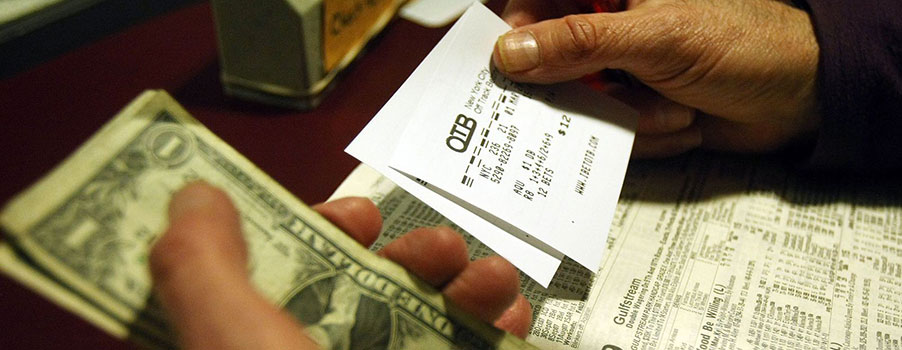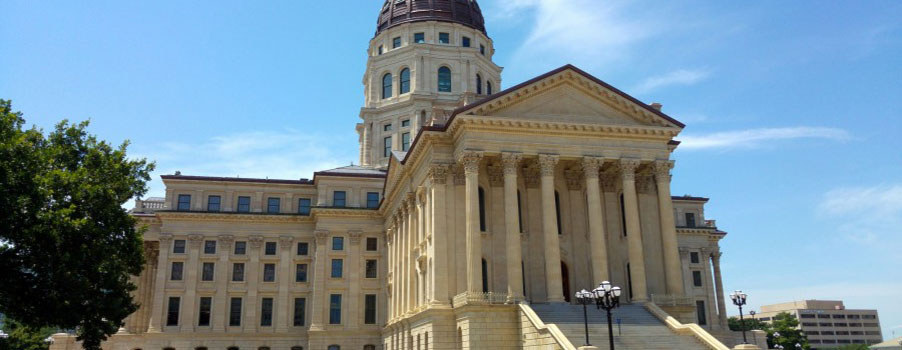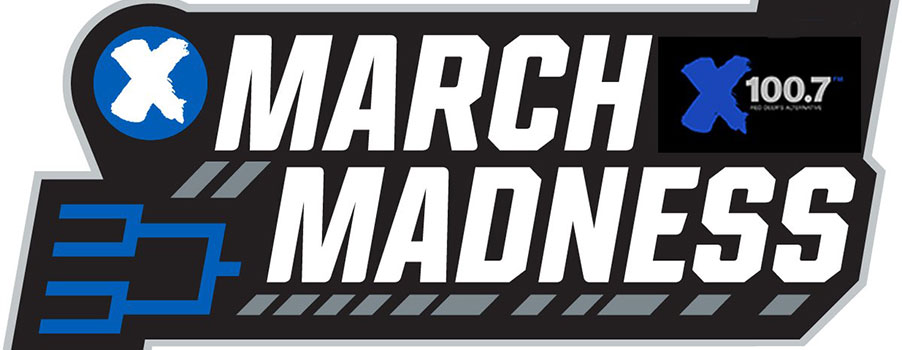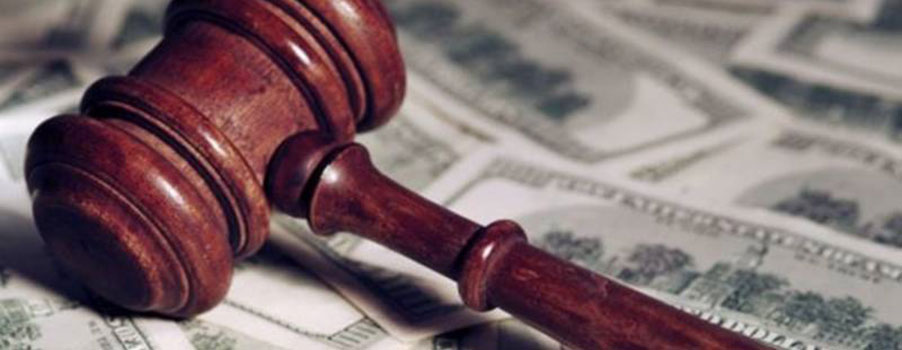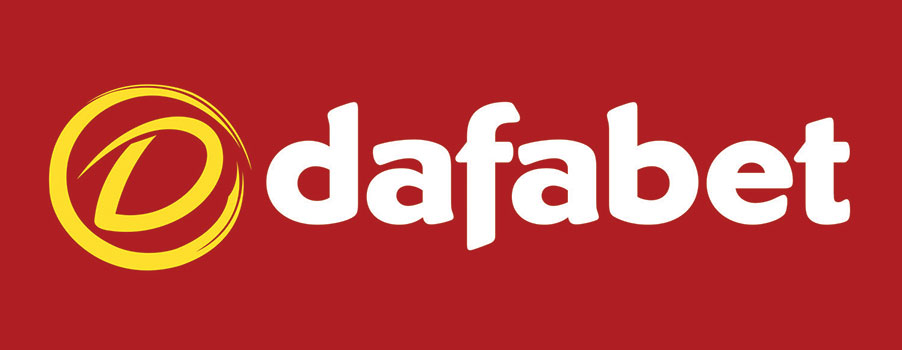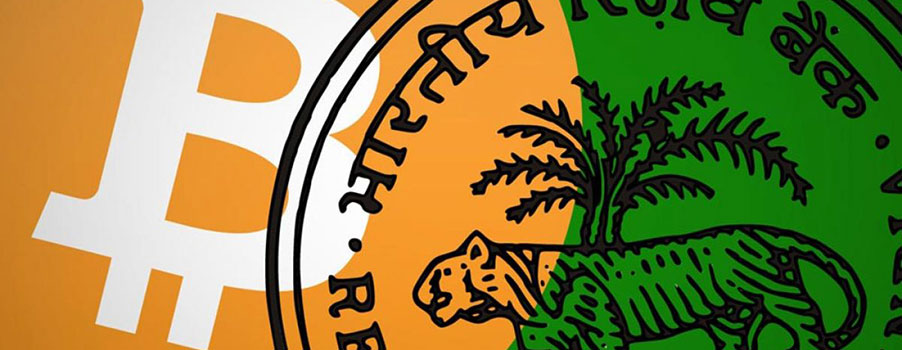Even though it is currently exploring the creation of its own cryptocurrency, India’s central bank on April 5 escalated a crackdown on existing digital currencies like bitcoin. In an official statement released by the Reserve Bank of India, it was directed that all regulated entities, including banks, should stop providing services to individuals or even businesses that are users, holders and traders of cryptocurrencies.
Meanwhile, the central bank has set up a panel that will be tasked with studying the feasibility and the desirability of introducing a fiat digital currency. The Reserve Bank of India (RBI) confirmed in a statement on Thursday that the panel will be expected to submit a report by the end of June this year.
“It has been decided that, with immediate effect, entities regulated by RBI shall not deal with or provide services to any individual or business entities dealing with or settling virtual currencies,” the RBI said. “Regulated entities which already provide such services shall exit the relationship within a specified time. A circular in this regard is being issued separately.”
As far as the specified time frame is concerned, the RBI gave the regulated entities three months to unwind their positions with the crypto-related entities. This move comes after over three warnings that were issued to the public in regards to the risks of dealing with decentralized digital currencies. It also follows in the footsteps of several other governments around the world that have been strengthening scrutiny of the virtual currencies. In fact, by its own admission, the RBI affirmed that this move is geared towards protecting the regulated entities form the risks associated with digital currencies.
“Virtual Currencies (VCs), also variously referred to as cryptocurrencies and crypto assets, raise concerns of consumer protection, market integrity and money laundering, among others… In view of the associated risks, it has been decided that, with immediate effect, entities regulated by RBI shall not deal with or provide services to any individual or business entities dealing with or settling VCs,” the RBI said in an April 5 statement.
Possible Introduction of a Fiat Digital Currency
The new RBI regulations certainly have rather significant implications for the crypto market in India. However, the central bank is taking steps that will maintain or draw from certain aspects of the crypto-ecosystem. The underlying blockchain technology, for instance, is quite promising and the RBI acknowledges this fact – the bank will be investigating ways of exploiting the blockchain technology in order to achieve financial inclusion and enhance the efficiency of the country’s financial system.
Also, as mentioned earlier, the RBI is exploring the concept of a fiat digital currency that will be issued by the bank and thus will be considered to be its liability. The new currency will in circulation alongside the tradition paper currency – if it succeeds it also holds the promise if reducing the costs of printing the paper currencies.



